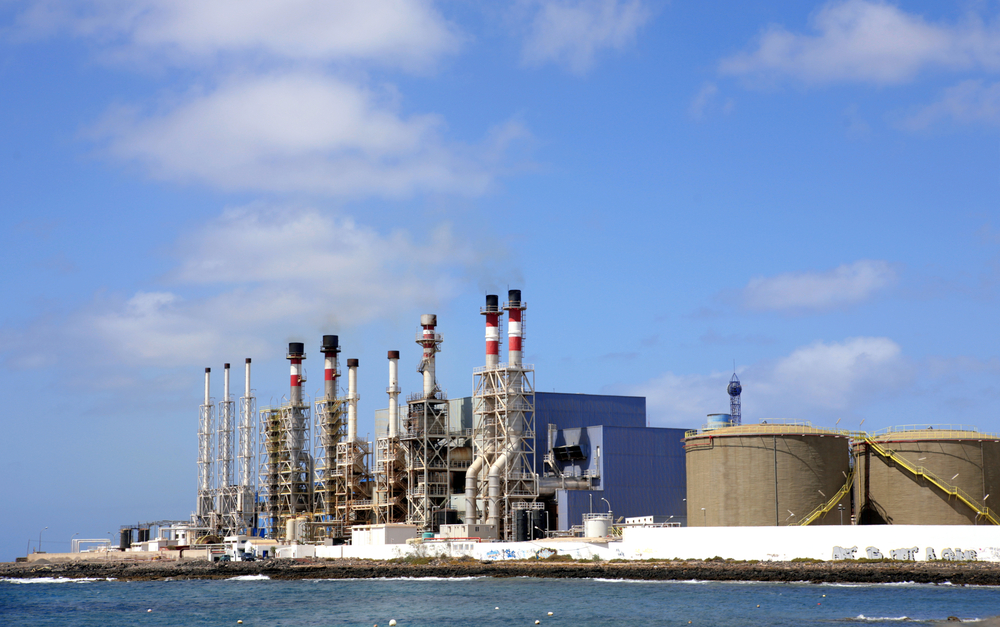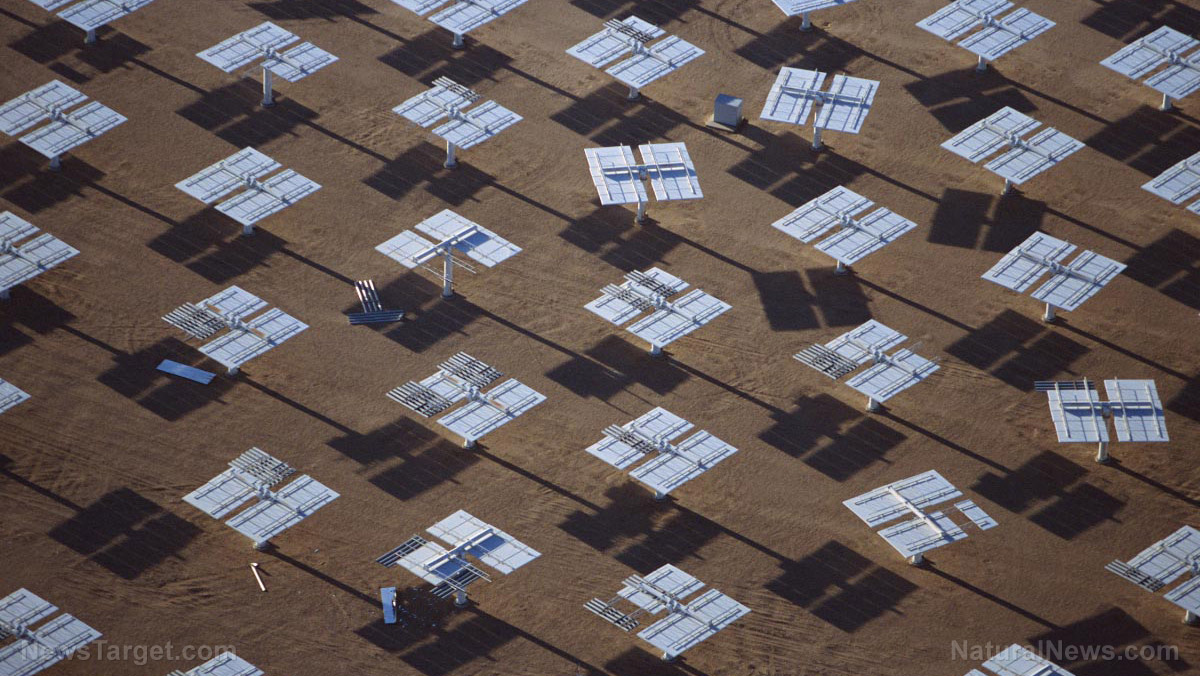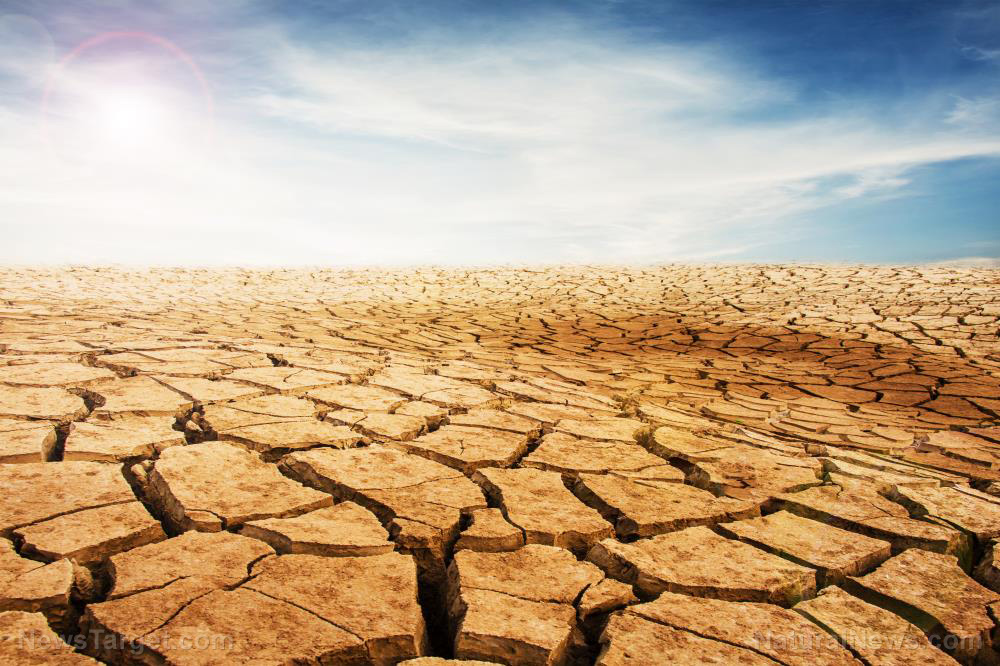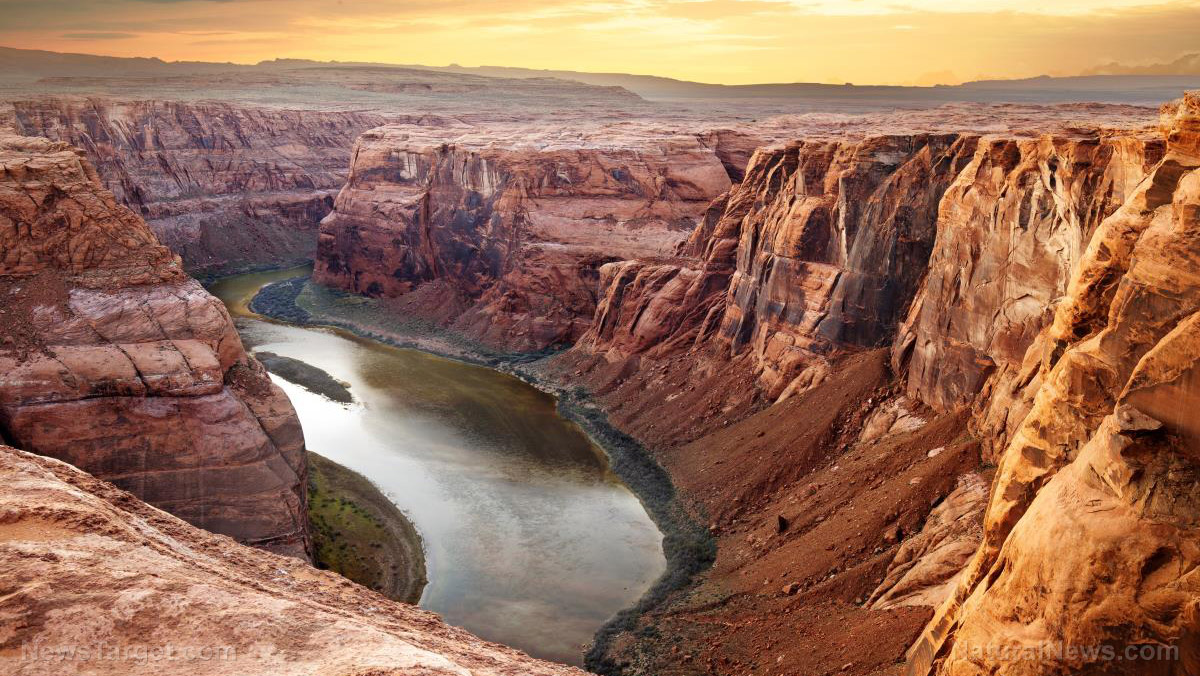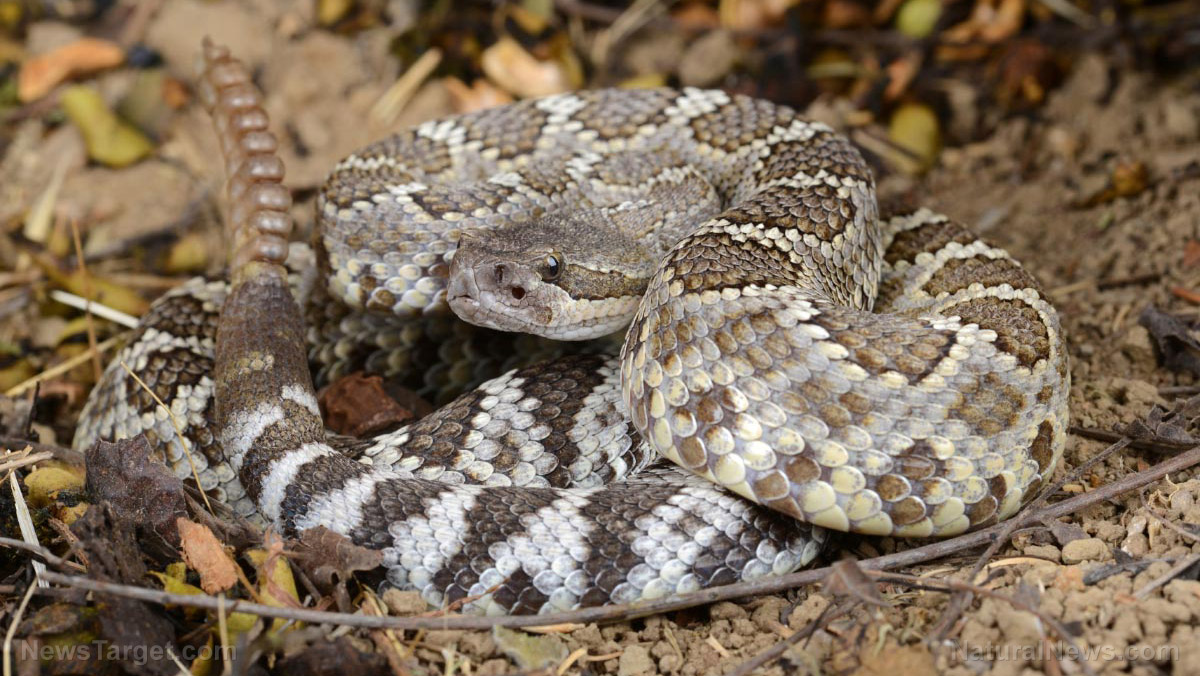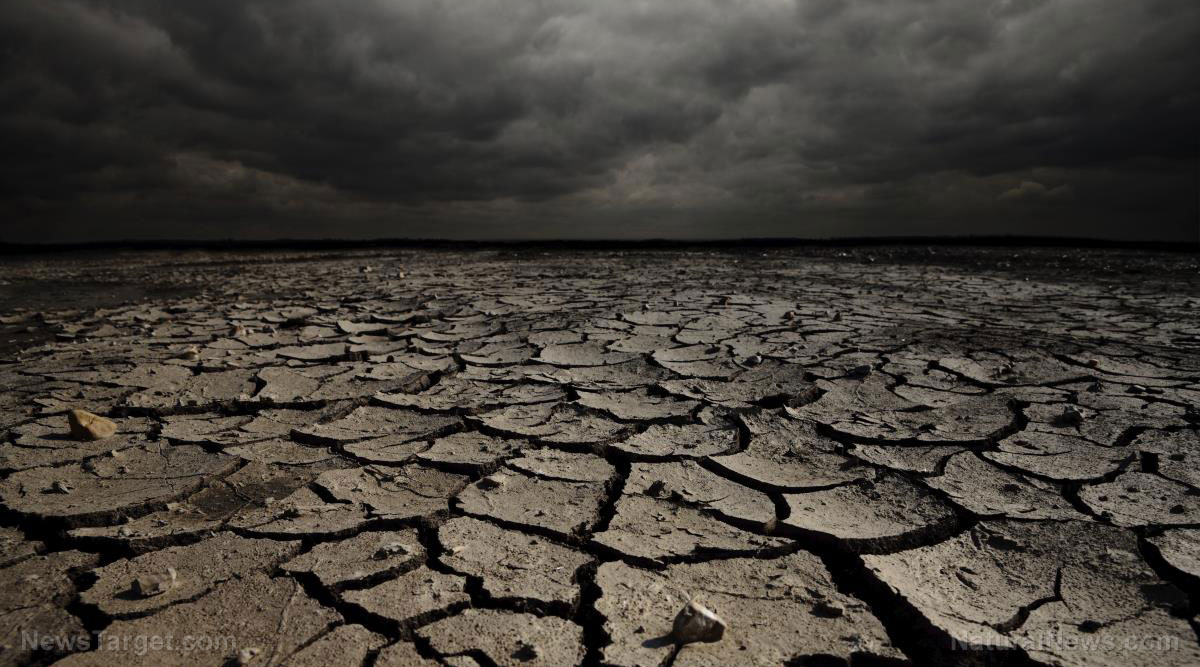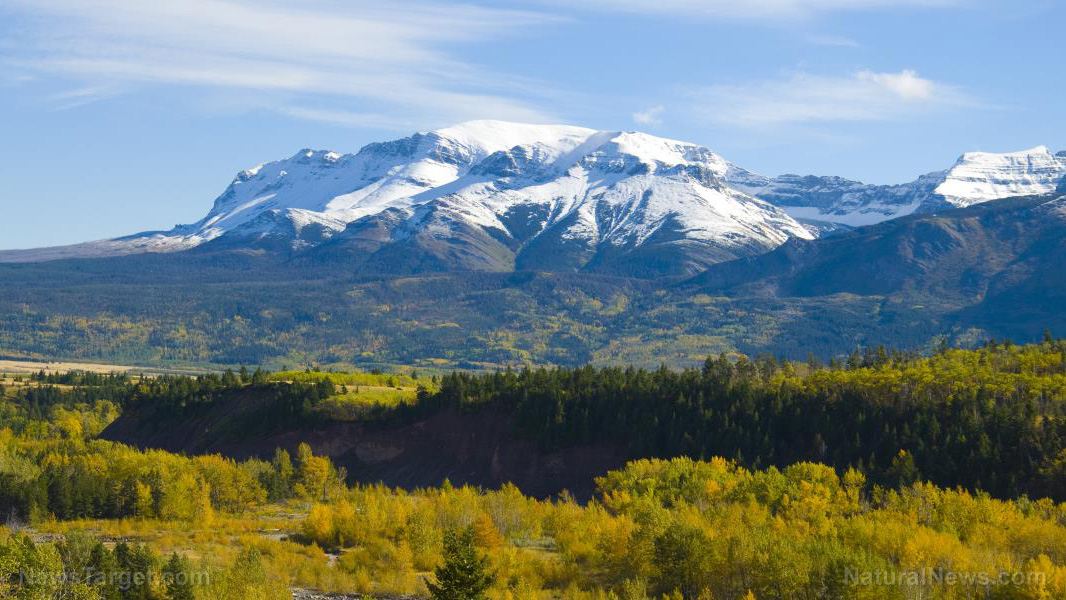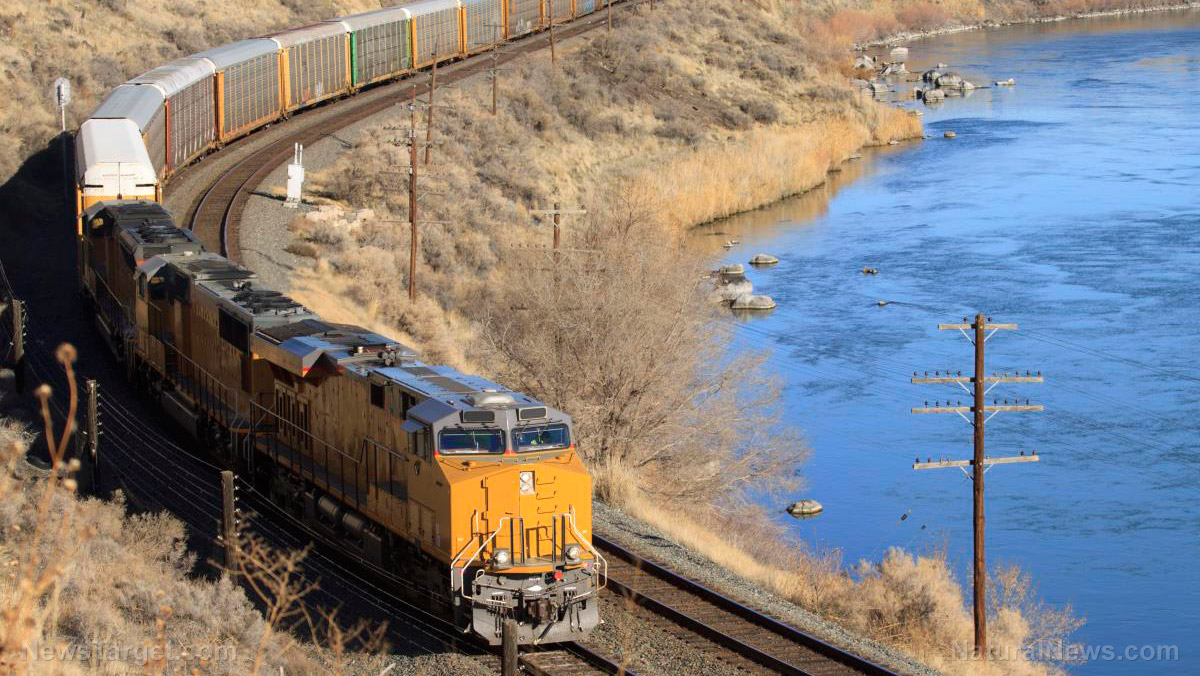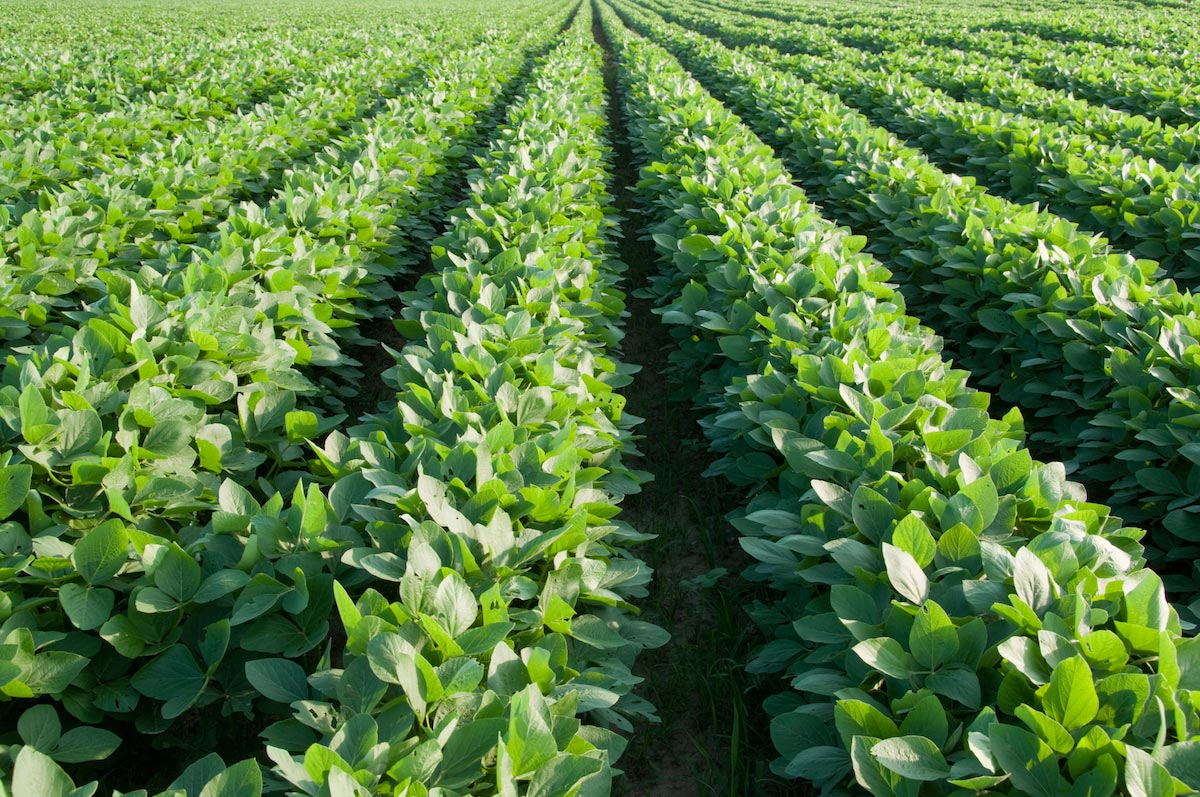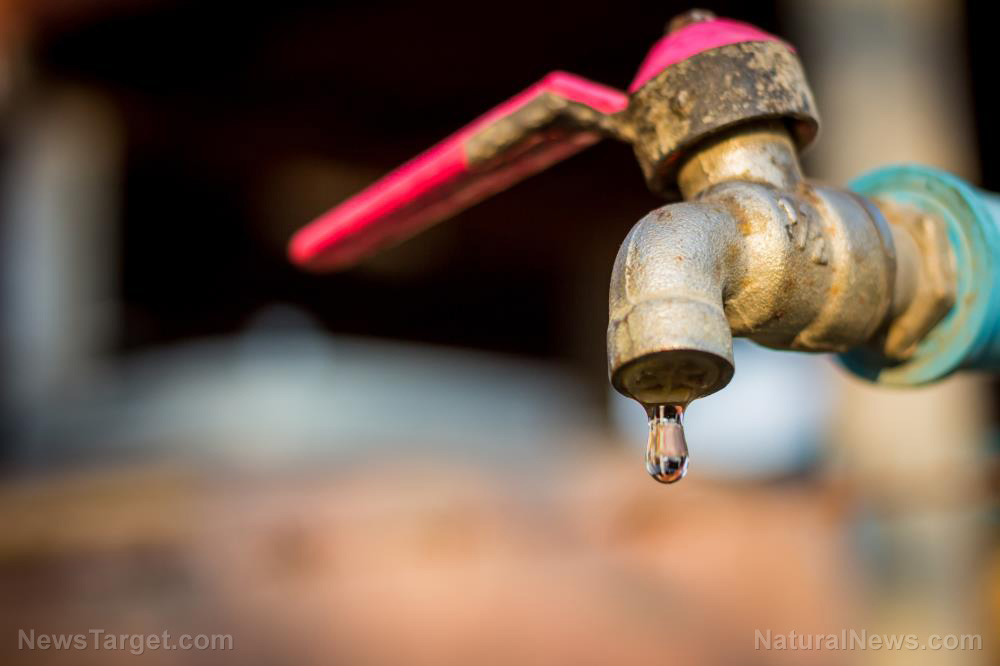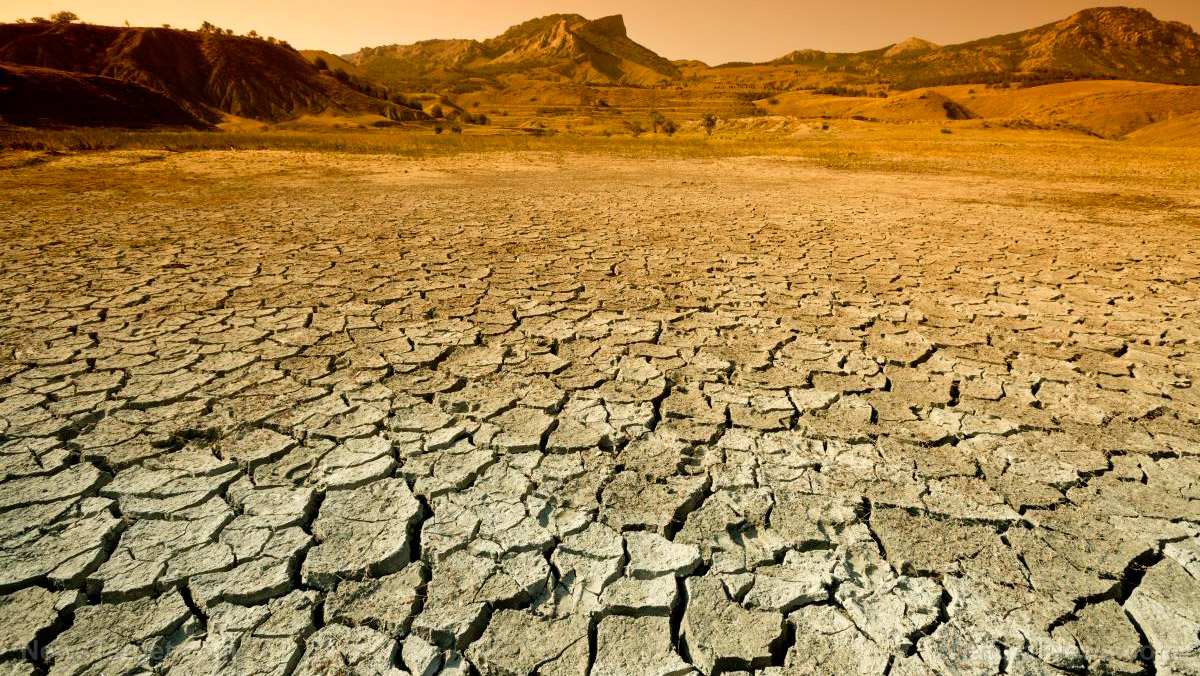Collapsifornia: California Gov. Gavin Newsom to mandate rationing of water, food and energy
05/23/2022 / By Mary Villareal
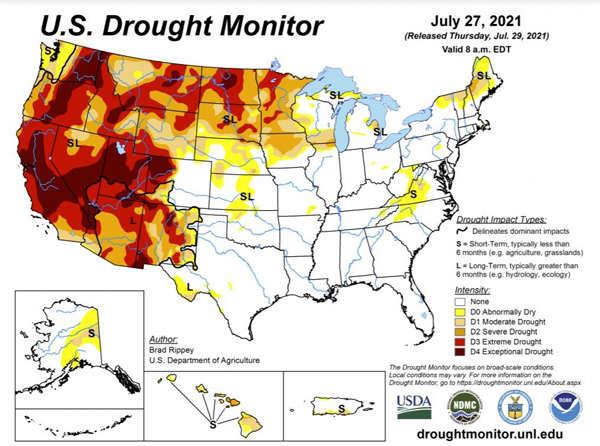
Governor Gavin Newsom has pushed for conservation during his recent visit to a Southern California water recycling facility. The government is set to mandate water, food and energy rations, leaving Californians unable to heat or cool their houses throughout the year.
They have done this rationing before in California, but it isn’t clear how bad it’s going to get this time. Moreover, gas prices have skyrocketed again and the U.S. has already reached a national all-time high average.
However, all these shortages are by design. InfoWars host Owen Shroyer noted that the U.S. has the technology to make it rain. For instance, Texas has a weather modification program administered by the Texas Department of Licensing and Regulation (TDLR).
According to the agency’s website, this program focuses efforts to produce additional rainfall using cloud seeding. It’s a weather modification technique that uses silver iodide to bond cloud droplets together to form ice crystals, which grow into snowflakes and fall as rain.
This is widely used in the West and South Texas during growing season, extending from spring to autumn each year. This cloud seeding technology covers about one-sixth of the land area of the state and is done primarily for rainfall enhancement using aircraft and sophisticated weather radar data.
The decisions to deploy aircraft and disperse seeding materials are made by meteorologists specially trained by the TDLR for weather modification.
If Texas can make it rain, why can’t California do the same thing?
US Drought Monitor: California in severely dry conditions
California is in severely dry conditions, according to the U.S. Drought Monitor. This is why water agencies in Southern California and beyond are trying to squeeze more water out of storms.
By March, the U.S. Drought Monitor showed that 40 percent of the West is classified as being in “exceptional drought,” which is the most severe out of all the levels.
“We haven’t had much in the way of winter rain or snow, which is concerning, as we would hope to put a big dent in the drought,” said Brian Fuchs, a climatologist at the National Drought Mitigation Center. “It looks like it’s going to be a very tough year. We are probably looking at increased fire dangers, water restrictions and also impacts to ecosystems, such as small rivers and streams and the wildlife living there.”
The stresses of the drought affect water supplies for drinking and supply of the West’s vast agricultural systems, prompting eight states to consider using cloud seeding to increase the chances of precipitation. (Related: With water running out, California faces grim summer of dangerous heat, extreme drought.)
While cloud seeding has been around for decades and has grown in popularity in recent years, a 2020 study found that cloud seeding can only squeeze out around three to five percent more rain out of clouds.
Because of this small amount, some scientists are skeptical about the effectiveness of cloud seeding. Daniel Swain, a climate scientist with UCLA and the National Center for Atmospheric Research, said there is a long history of people making bold claims about being able to manipulate the weather, and time and time again, science has failed to demonstrate that these attempts have actually yielded fruit.
Swain said the traditional scientific experiments compare a variable against a control group, but it’s impossible to do so in the case of cloud seeding. Even if cloud seeding can squeeze three to five percent more rain out of clouds, he said it is not enough to help end the drought or be a major contributor to the water supply.
This also brings up another concern, which is water equity. (Related: Sierra snowpack falls to one of lowest levels in 72 years, perpetuating California drought.)
“To the extent that this may work, and this may squeeze out five percent more water from the clouds under certain conditions, are you doing that at the expense of how much it’s raining or snowing in some adjacent region, which might also be experiencing the same drought that your watershed is?” he said.
Katja Friedrich, a University of Colorado researcher who has studied the issue, also believes that cloud seeding can’t solve the problem entirely. “It needs to be part of a broader water plan that involves conserving water efficiently, we can’t just focus on one thing,” she said. “Also, there is a question of whether you will be able to do it in a changing climate – you need cold temperatures and once it gets too warm you aren’t able to do the cloud seeding.”
This means that despite its growing popularity and measured success, cloud seeding is not the solution to California’s drought problem.
Visit CaliforniaCollapse.news to learn more about the ongoing drought in California.
Watch the video below for more commentary from Owen Shroyer about the Gavin Newsom climate change agenda.
This video is from the InfoWars channel on Brighteon.com.
More related stories:
Drought conditions causing surge in cotton prices, raising fears clothes could become more expensive.
With water running out, California faces grim summer of dangerous heat, extreme drought.
Winter wheat harvest collapse imminent amid ongoing severe drought as “dust bowl conditions” persist.
Sources include:
Submit a correction >>
Tagged Under:
big government, California, chaos, clean water, climate, climate science, cloud seeding, Collapse, disaster, Drought, Ecology, environment, Gavin Newsom, geoengineering, panic, rationing, scarcity, water conservation, water shortage, water supply
This article may contain statements that reflect the opinion of the author
RECENT NEWS & ARTICLES
COPYRIGHT © 2017 WATER WARS NEWS

